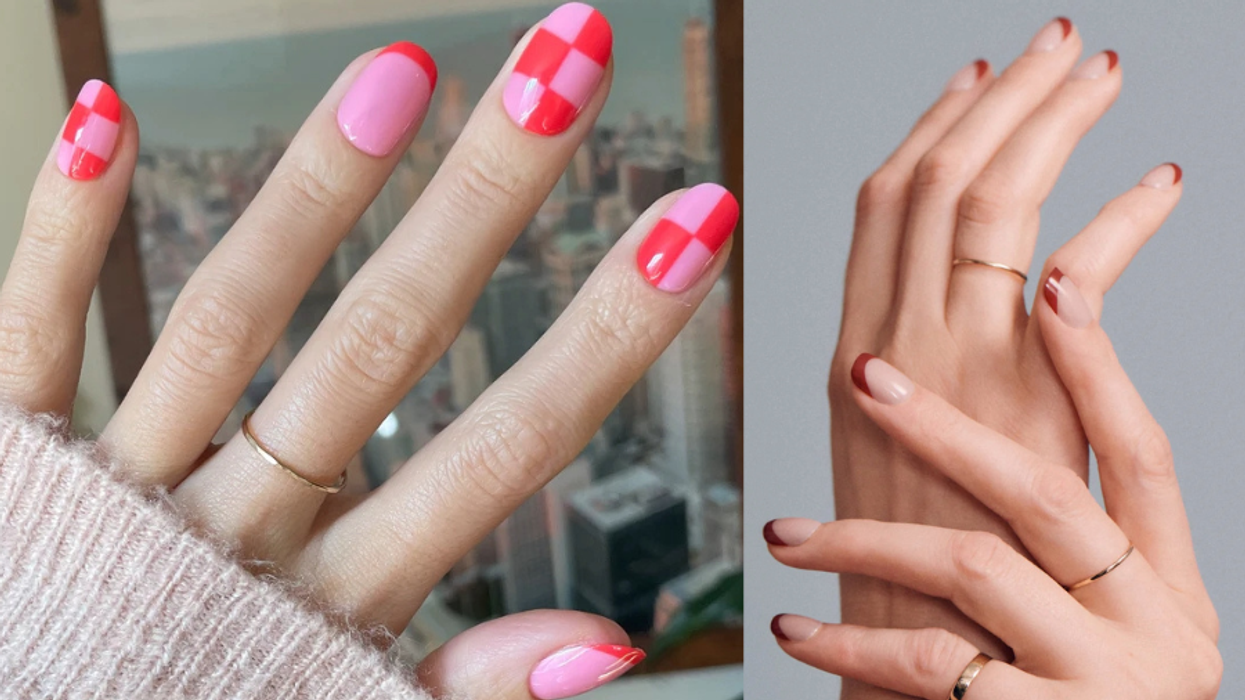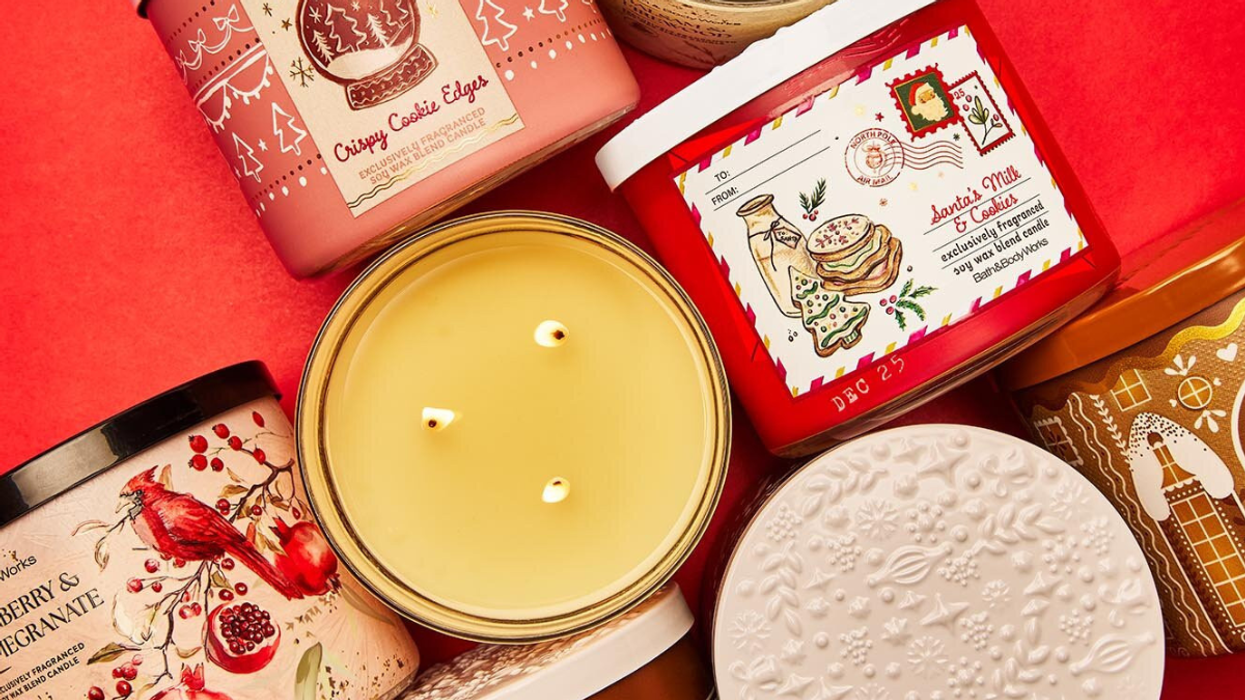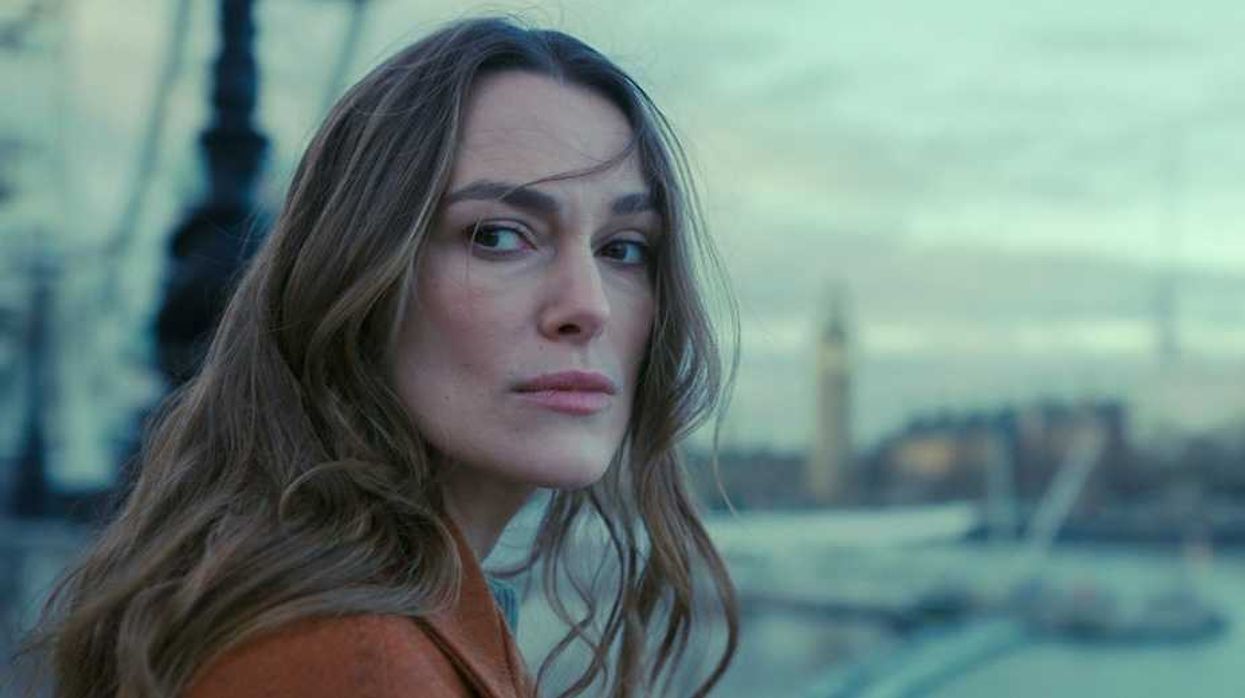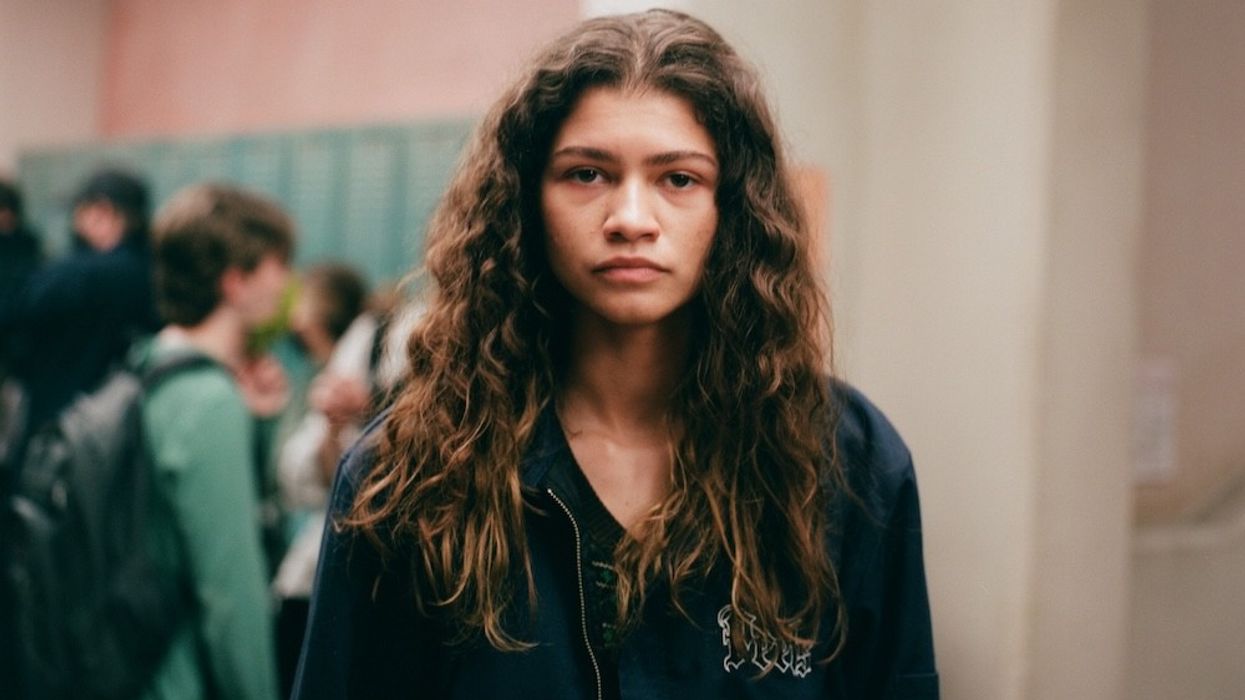“Food is the new internet!”
How Elon Musk’s Brother, Kimbal, Plans to Solve America’s Food Problem
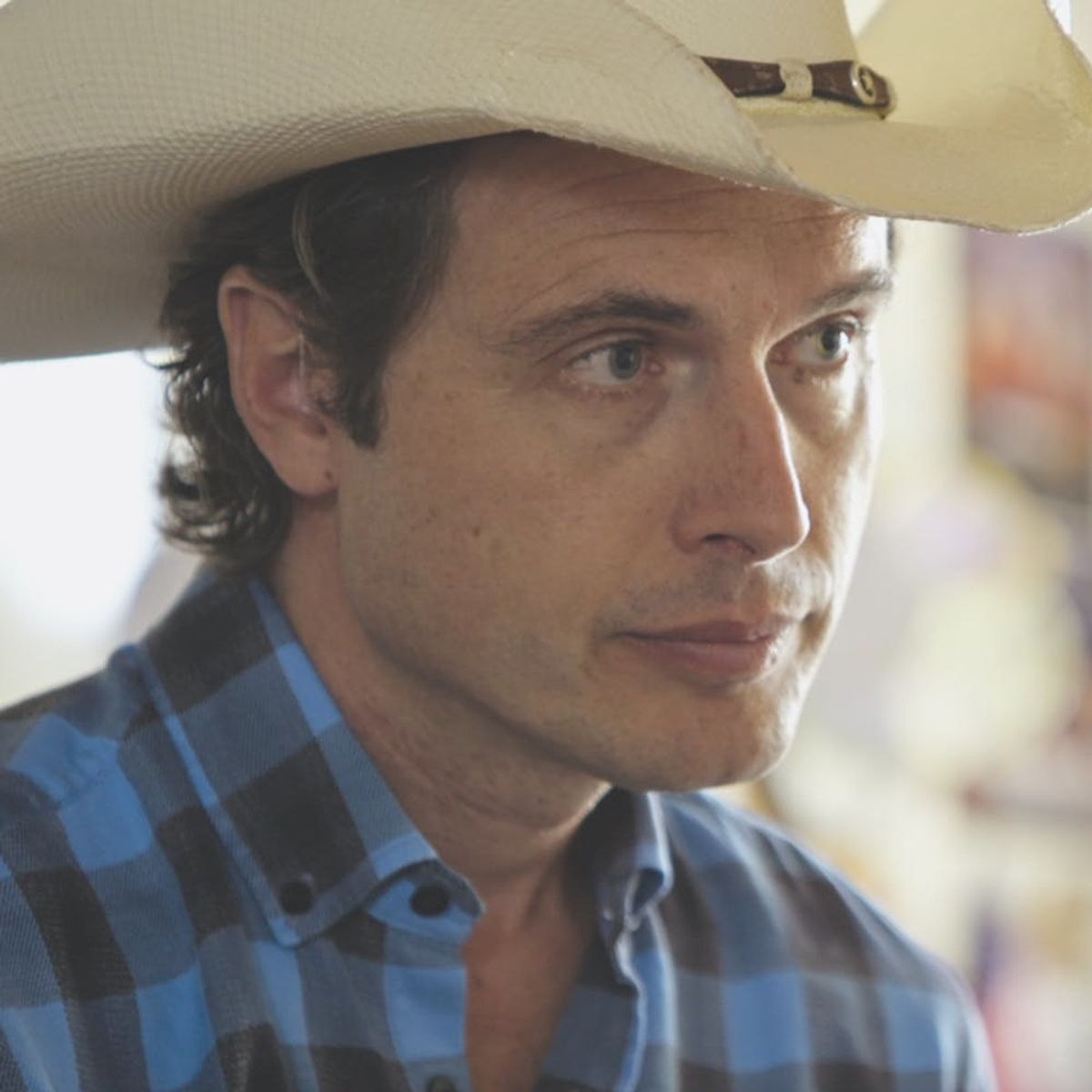
The agriculture industry and the food it yields are always hot topics. Bombshell documentary What the Health? has cultivated a new wave of curiosity for those looking to improve their health by making better food choices. But what does that look like? Can “real” food (versus processed, fast-food) feed the entire world? That’s the question former late night host Craig Ferguson and his wife, Megan, asked Kimbal Musk — yes, he’s Elon Musk‘s brother! — during the premiere episode of their new GANT YouTube show, Couple Thinkers.
After a few glimpses of the Ferguson’s post-late night TV life in sunny Los Angeles, California (their home is *stunning,* by the way), Episode 1 of Couple Thinkers gives us Musk’s much-anticipated answer at one of the South African-born entrepreneur’s “learning gardens” in Watts, Los Angeles. We see Mrs. Ferguson ask him point-blank, “Can real food feed the world?” to which Musk, wearing his signature cowboy hat, replies simply: “Yes. Real food can save the world.”
For those unfamiliar with the younger Musk’s equal parts philanthropic and entrepreneurial endeavors, Couple Thinkers shines a spotlight on his charity, The Kitchen Community, that gives underprivileged children in more than 400 schools across America the chance to learn about real food through raised garden beds known as learning gardens. The Kitchen Community builds these learning gardens out of recycled polyethylene in communities that need them, Musk tells the Fergusons, creating “this oasis in a tough neighborhood.”
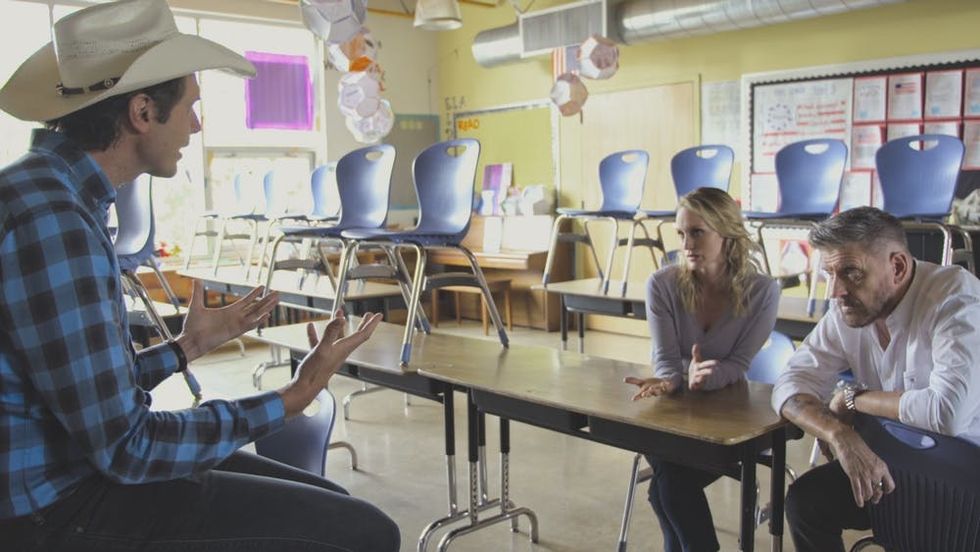
At the Watts Learning Center in Los Angeles — where a good chunk of the inaugural episode takes place — the soil is hard, making it difficult for weeds to grow (let alone fresh fruits and veggies). That’s why, Musk explains, his charity built a learning garden on the school grounds to give the students an opportunity to, well, *learn* about farming.
Each garden is big enough to fit in any school garden and students are involved throughout the entire process, from designing the space to choosing which crops to plant. Once the produce is ready to eat, the students, who likely haven’t been exposed to such fresh ingredients before, can take it home to enjoy. The goal is to create demand. And it seems to be working, because, as he tells the Fergusons, the children love eating their fresh veg.

Musk has some sustainable plans for America’s overall food supply too. “What we need to do with real food,” he says, “is really just apply the same American innovation and bring the kind of ideas that my brother did with Tesla where you actually create something that’s better… and make people really excited about eating real food at a price they can afford.” Sure, Big Agriculture will try to make it difficult, but Musk is confident those in charge know it’s “a really big problem.” That’s why he feels we’re on the brink of change.
The episode ends on a powerful note with Musk highlighting a similar gut instinct he had about the internet. He says, “In the ’90s, I saw the internet coming and was able to take advantage of some amazing opportunities as a young entrepreneur. And food is the new internet. Go build your business, go do your thing.” Wow. Time to dig into our collective fridges for those week-old carrots, isn’t it?
For more interesting food updates and news, follow us on Pinterest!
(Photos via YouTube / GANT)




